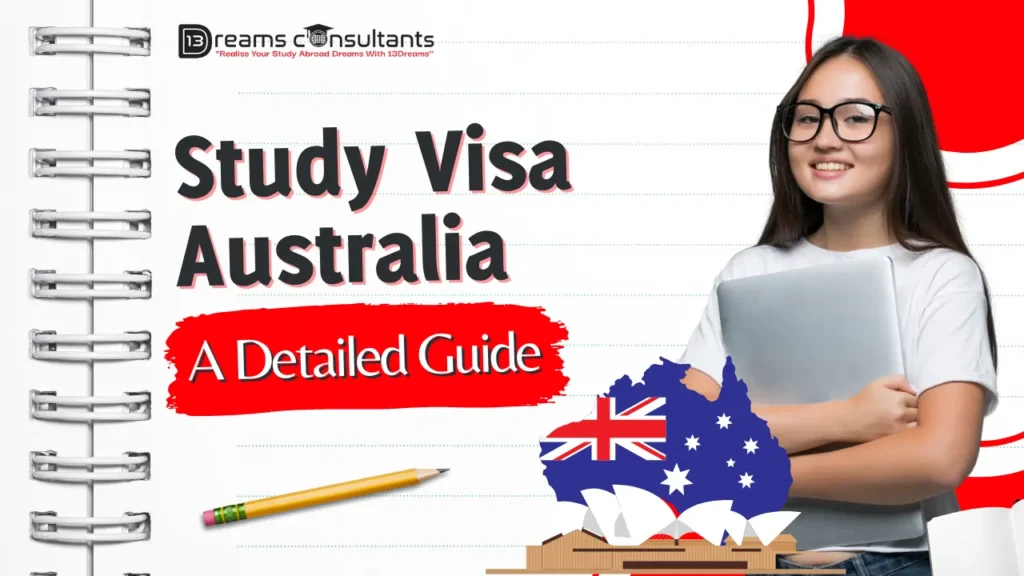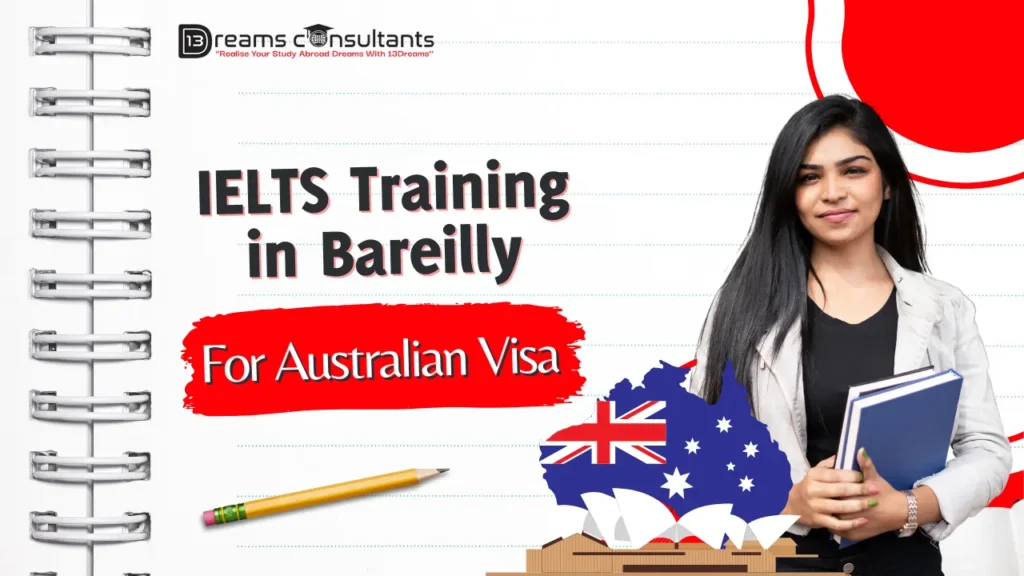By planning ahead, budgeting effectively, and exploring financial aid options, you can manage your living expenses comfortably while studying in Australia.
Travelling to Australia to begin your studies can be a significant upfront cost for international students. Here’s a breakdown of what to consider when budgeting for travel expenses:
| Cost Category |
Description |
Estimated Range (AUD) |
| Flight Ticket (One-Way) |
This depends heavily on your origin country, travel season, airline choice, and booking time. |
$2,000 – $7,000+ |
| Airline Baggage Fees |
Additional checked luggage incurs fees. Check the airline’s baggage allowance. |
$0 – $500+ |
| Airport Taxes & Fees |
These vary depending on the airport and may be included in the ticket price. |
$50 – $200 |
| Travel Insurance (Optional) |
Protects you in case of trip cancellation, medical emergencies, etc. |
$50 – $200+ |
| Visa Application Fee |
The cost of applying for your Australian student visa. |
$600 (approximate) |
Main Factors Affecting Travel Costs:
- Origin Country: The distance from your home country to Australia is a major factor. Flights from farther locations will naturally be more expensive.
- Time of Booking: Generally, booking flights well in advance (3-6 months) can lead to better deals compared to last-minute purchases.
- Airline & Layovers: Direct flights are often more expensive than those with layovers. Consider the trade-off between cost and travel time.
- Seasonality: Flight prices can fluctuate depending on the season. Peak travel seasons in both your origin and destination countries can drive up costs.
- Luggage: Airline baggage allowances and fees for additional checked bags can add to the travel cost.
Estimated Cost Range:
It’s difficult to provide a specific cost range due to the factors mentioned above. However, as a general idea, a one-way flight from some Asian countries (e.g., India, China) to Australia can range from $2,000 to $4,000 AUD, while flights from Europe or North America might cost $3,000 to $7,000 AUD or even more.
Tips for Saving on Travel Costs:
- Compare Flight Prices: Use flight comparison websites and apps to find the best deals.
- Consider Budget Airlines: Budget airlines may offer lower fares, but factor in potential baggage restrictions.
- Be Flexible with Travel Dates: If possible, be flexible with your travel dates to potentially find cheaper fares.
- Book in Advance (when possible): Booking flights well in advance can lead to significant savings.
- Pack Light: Avoid excess baggage fees by packing efficiently within airline allowances.
Additional Costs to Consider:
- Airport Taxes and Fees: Be mindful of additional airport taxes and fees that may be added to your flight ticket price.
- Travel Insurance: While not mandatory, travel insurance is highly recommended to protect yourself from unexpected situations.
- Visa Application Fees: Factor in the cost of applying for your Australian student visa.
By planning your travel carefully, comparing prices, and being flexible, you can minimize the travel costs associated with studying in Australia.
Overall Cost Considerations for Australian Student Visa Holders
Studying in Australia can be a rewarding experience, but it’s essential to understand the financial implications before embarking on your journey. Here’s a summary of the key cost considerations for Australian student visa holders:
- Tuition Fees: These vary depending on the level of study (undergraduate, postgraduate), program type, and university. Budget between $20,000 and $50,000 AUD annually for tuition.
- Living Expenses: This is a significant cost factor. Accommodation, food, transportation, and utilities can range from $1,800 to $3,000 AUD or more per month, depending on your lifestyle and city of residence.
- Travel Costs: Factor in flight costs (from $2,000 to $7,000 AUD or more one-way), potential baggage fees, airport taxes, and travel insurance when budgeting for your initial travel to Australia.
- Additional Costs: Don’t forget about student visa application fees (around $600 AUD), textbooks, course materials, health insurance (mandatory), and potential entertainment expenses.
Remember:
- These are estimated ranges. Always research specific programs and universities for the most accurate cost information.
- Explore scholarship and grant opportunities to help offset costs.
- Consider budgeting and cost-saving strategies to manage your finances effectively while studying in Australia.
By carefully planning your finances and factoring in all the cost components, you can prepare for a smooth and successful student experience in Australia.



